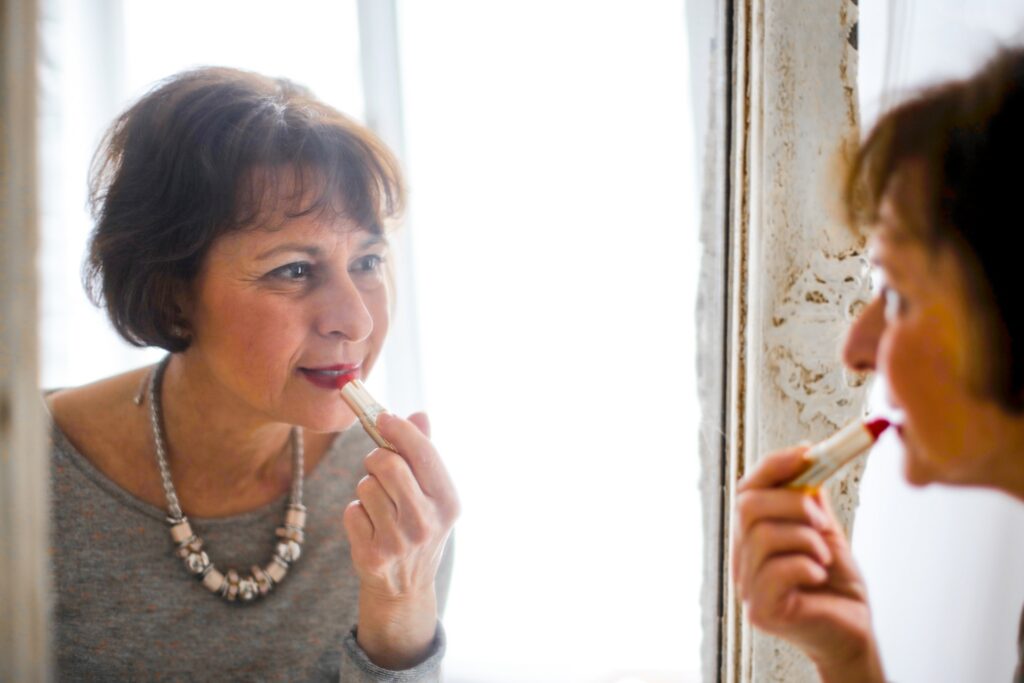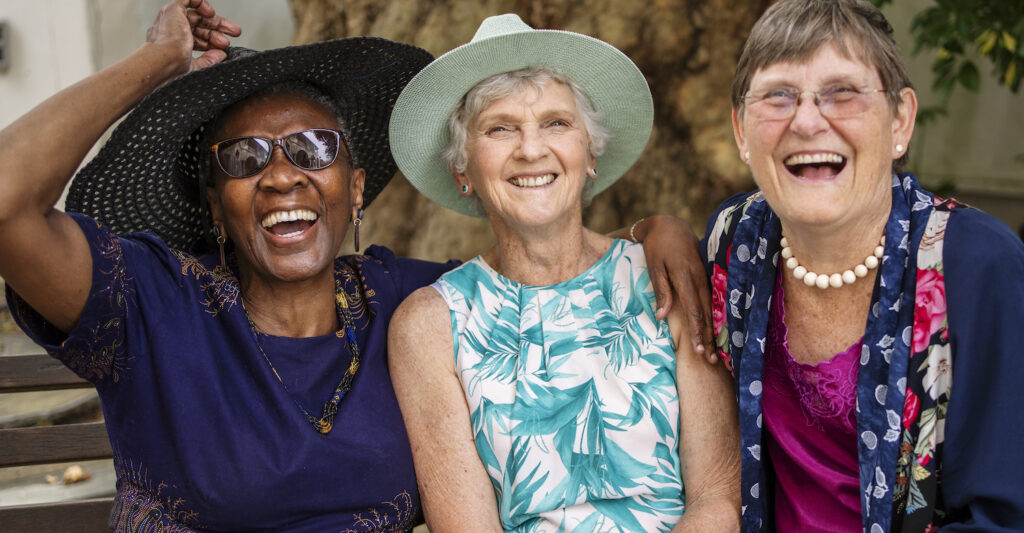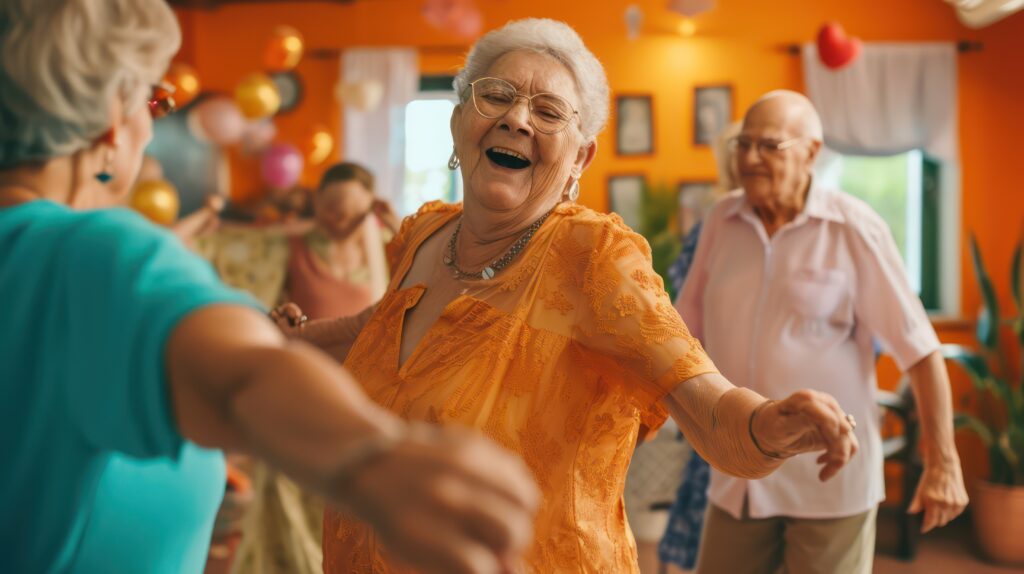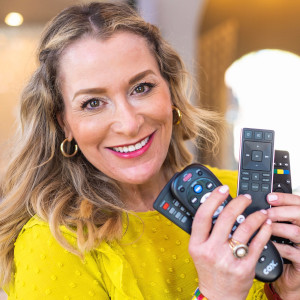
October 2020 | A Total Brain Health Interview
Maintaining social engagement in the time of COVID remains a challenge for senior living communities, and especially for memory care facilities serving clients with dementia. Thankfully, industry leaders are staying smart when it comes to finding solutions for maintaining population wellbeing during the current physical distancing restrictions.
Total Brain Health’s Dr. Cynthia Green recently interviewed administrators at three leading senior living communities to learn how the pandemic has changed the ways they care for residents living with memory loss. In this interview series, learn how industry leaders are focusing on positive paths to social engagement in memory care during this time. She spoke with:
• James Harvey, VP of Marketing and Communications, and Chuck Jennings, Senior VP of Clinical Services, both with ALG Senior, which serves 160 communities throughout the Southeast;
• Ashlea Smalley, Corporate Director of Life Enrichment at Tutera Senior Living & Health Care, with 38 communities in the South and Midwest; and
• Laura Ellen Christian, Senior Vice President of Engagement and Dementia Training for the Arbor Company, with more than 40 communities in 11 states.
New Solutions
Memory care centers have stepped up to adapt to the changes and restrictions brought by the pandemic. “We’ve done additional training to help our frontline staff understand how to engage with memory care residents in the smaller groups needed to maintain social distancing,” says Chuck Jennings of ALG Senior. “These neighborhoods typically have a select group of staff members dedicated to providing ADL [activities of daily living] care, and others who are focused on activities. Today, in our new normal, all the team members must be focused on activities and able to capitalize on them.
“Let’s say three or four residents in a memory care community are typically wanderers,” he continues. “We turn that small group into a ‘walking club’ and assign a caregiver to create a path and guide them. Before, wandering was just their way to navigate the neighborhood as independently as they could, but now we need to put more energy into keeping them safe, physically active, and engaged.”
Ashlea Smalley says that part of Tutera’s approach is to control the environment rather than the resident. “We created social distancing by removing communal seating like couches, so residents aren’t cozied up next to each other. We do meals in shifts, one resident per table and lots of sanitizing in between. And we try to proceed as normally as possible, without creating any more anxiety and confusion on top of what’s already there.”
Old-Fashioned Approaches
While technology offers many solutions these days, it’s not the only way. “We’ve started a pen pal program to connect residents of one community in our organization with another,” says Jennings. “Even our residents with cognitive decline can still engage in making a card and sharing it with someone.”
Facilities are also working to join up individuals of like interests in small groups. “For each new ALG Senior resident we make a history we call My Life’s Journey,” says Jennings. “Now we’re using those to find which residents have similar histories and interests, putting three or four of them together to engage in activities that may trigger memories related to their history.”
Family and Peer Socialization
Some families are afraid their loved ones won’t remember family members when they finally visit again. “Our strategy is making a lot of FaceTime calls to keep families connected,” says Smalley. “And for Mother’s Day, one of our memory care facilities did a virtual tea party. The staff seated three residents at each table and used iPads to connect them with their families via Zoom. Each resident had her own teapot, and everyone looked really nice.” While Smalley acknowledges that it’s not the same as being able to hug and kiss their loved ones, she says, “Our team is doing a great job at making safe but meaningful connections.”
Value in Slowing Down
The Arbor Company’s Laura Ellen Christian believes that success for people living with dementia depends on their environment. “It’s up to us to create the right environment,” she says. “Having to shut down socializing and family visits is detrimental, but we’ve seen a very positive effect since we paused the busy-ness in our memory care neighborhoods.”
Christian has always known that small groups meet a need for those living with dementia. “Now we’re more thoughtful about who we gather together and what we do with them,” she says. “And when we transition them, they can have some downtime in their rooms or take a nap without huge physical risk. Since we slowed things down, we’re really seeing that happen.”
Dr. Green notes that Total Brain Health’s memory care programs also help residents engage with one other in meaningful ways. “Moving outside the hubbub creates a more focused environment that frees people to really benefit,” she says.
Forming a planning committee with residents from several communities had long been on Christian’s to-do list. “I’m a huge advocate for people living with dementia,” she says, “and it’s important for me, and for our company, that we’re not speaking for them. With this new committee we’re not just engaging the most independent and vocal people, we’re tapping into folks across the board—and giving a voice to those living with dementia.”
_____________________________
Total Brain Health provides TBH FLEX and TBH CARE Toolkits small group and one-to-one social-based brain wellness programs for those living with mild to moderate memory loss. These cognitive stimulation programs build cognitive skills, promote well-being and foster social connections. For additional small group programs see: totalbrainhealth.com. For one-to-one programs see: tbhtoolbox365.com. And, for free COVID resources see: anytime.totalbrainhealth.com
Click to download article HERE.



